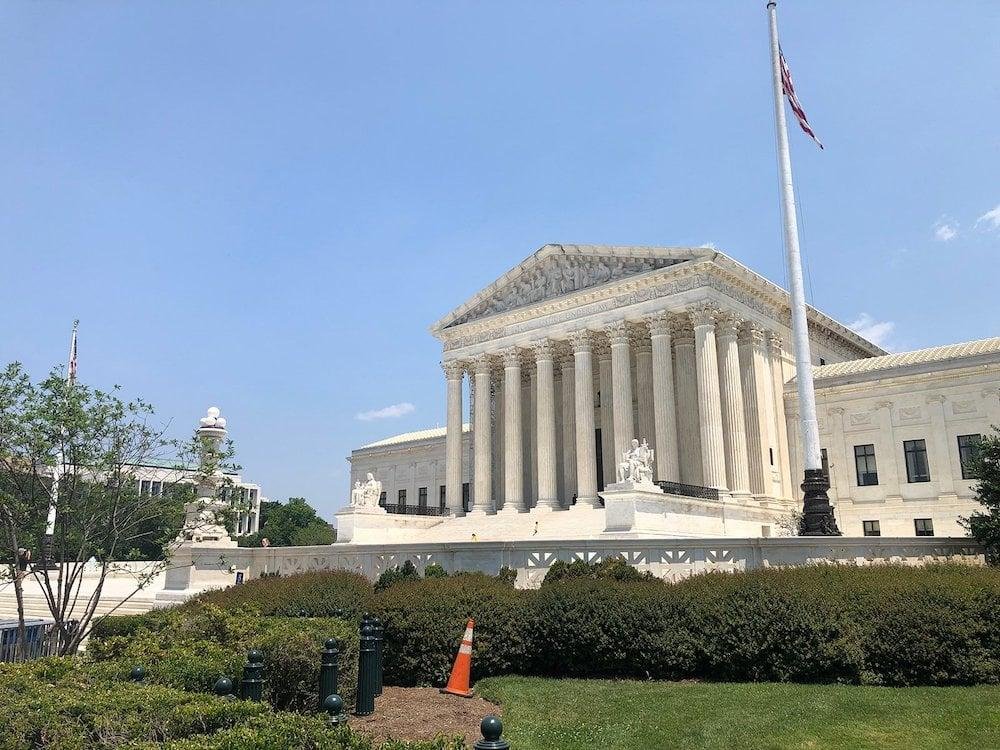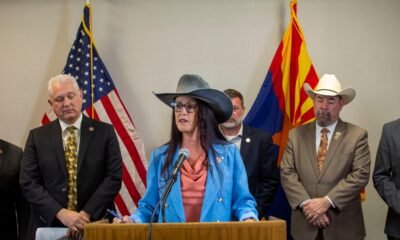family
Supreme Court Rules to Maintain Tennessee’s Gender-Affirming Care Ban for Minors

The Supreme Court upheld Tennessee’s ban on gender-affirming care for transgender youth in a decision announced Wednesday. This 6-3 ruling confirmed that the law does not violate the 14th Amendment’s equal protection clause, raising concerns among experts about its implications for transgender rights across the nation.
Chief Justice John G. Roberts Jr. noted that while there are sincere concerns regarding the law, it is the court’s responsibility to adhere to constitutional guidelines. He stated, “We leave questions regarding its policy to the people, their elected representatives, and the democratic process.” This ruling aligns with a national trend, where 25 states have imposed bans on hormone replacement therapy and puberty blockers for transgender minors.
Research from the Movement Advancement Project highlights that six of those states have made it a felony for medical professionals to provide gender-affirming care. This legal landscape complicates the situation for over 110,000 transgender youth living in states with restrictive measures. Many families are relocating in search of necessary healthcare services.
Gender-affirming care, including hormone replacement therapy (HRT), plays a crucial role in treating gender dysphoria—a condition that severely affects many individuals’ quality of life. Despite political scrutiny in recent years, medical professionals emphasize that transitioning is a well-considered process involving consultations over time.
Justice Sonia Sotomayor, dissenting against the majority opinion, remarked, “The Court authorizes, without second thought, untold harm to transgender children and the parents and families who love them.” Her remarks reflect the emotional weight of the decision, as opponents of the ban argue it unfairly targets vulnerable youth.
Major medical organizations, including the American Medical Association and the American Academy of Pediatrics, advocate for gender-affirming care. They warn that banning such treatments could push them underground, posing greater risks to patients.
This ruling follows a 2023 conclusion by the 6th U.S. Circuit Court of Appeals, allowing the statewide injunction to take effect. The case originated in April as L.W. v. Skrmetti, initiated by the ACLU and Lambda Legal on behalf of families and medical professionals challenging the ban.


















